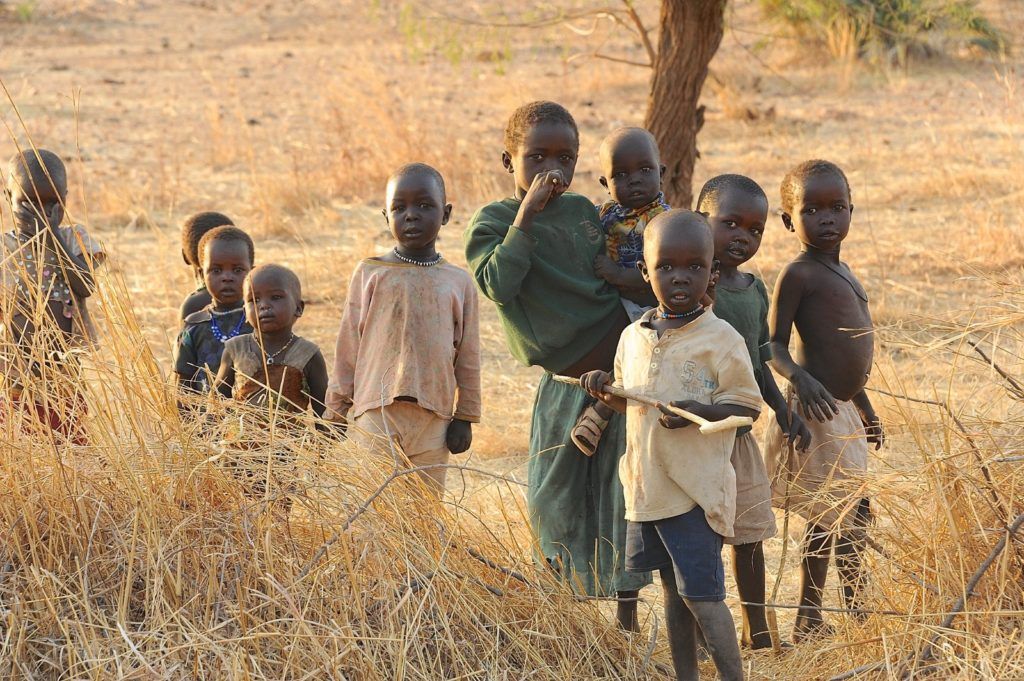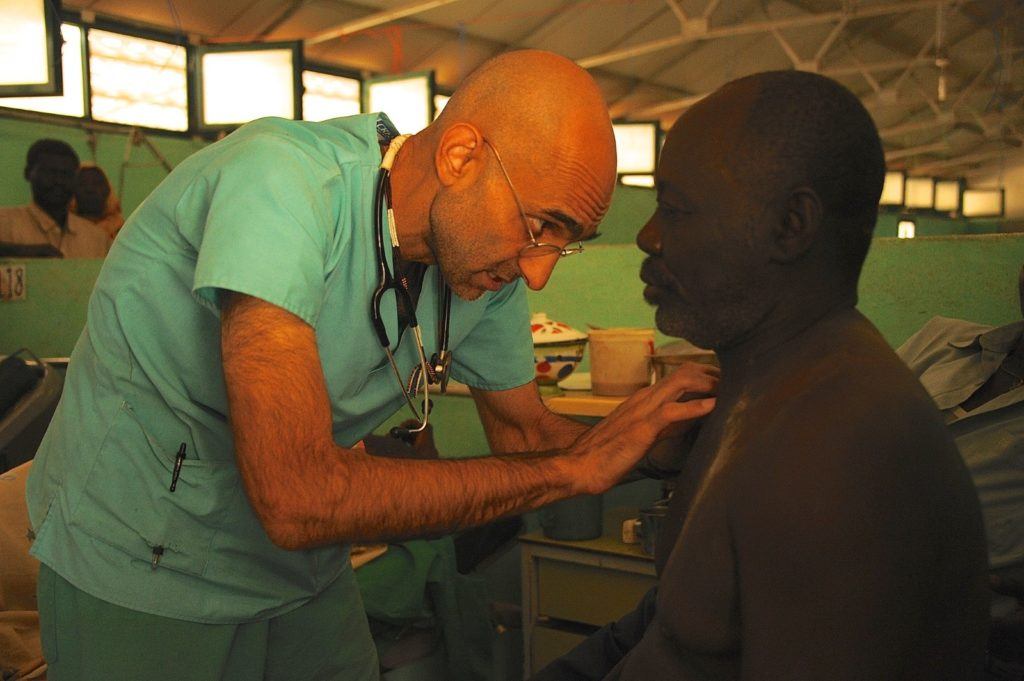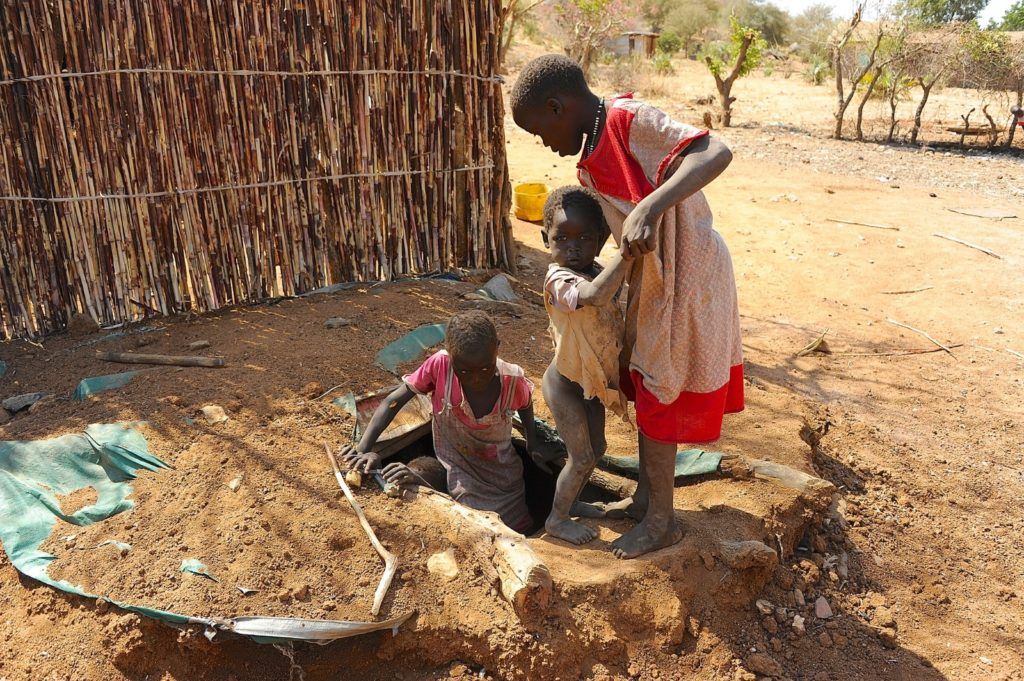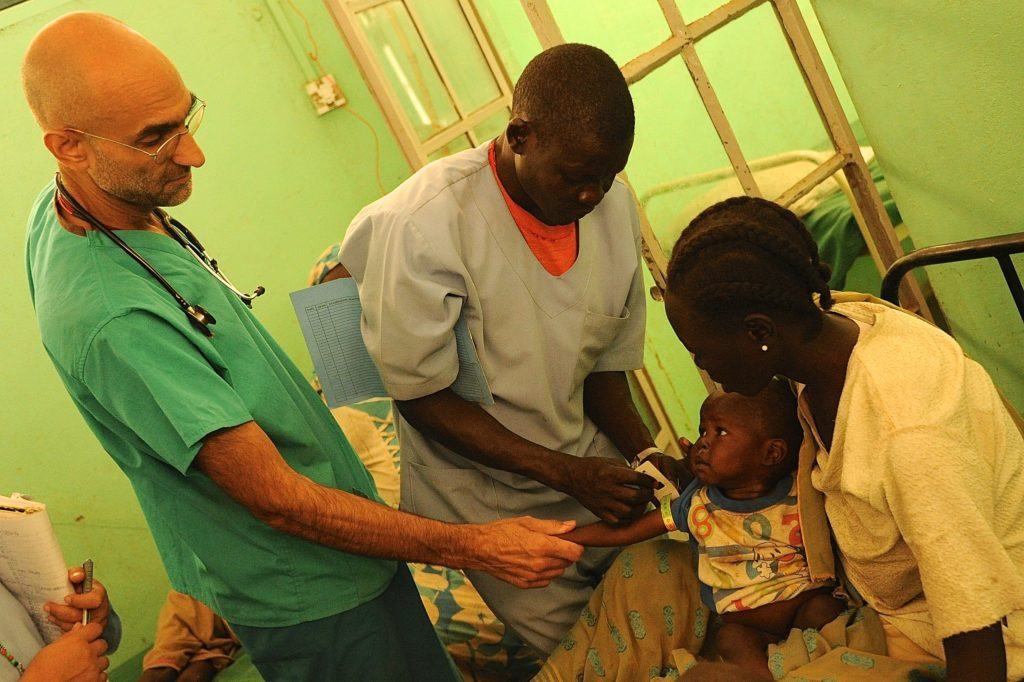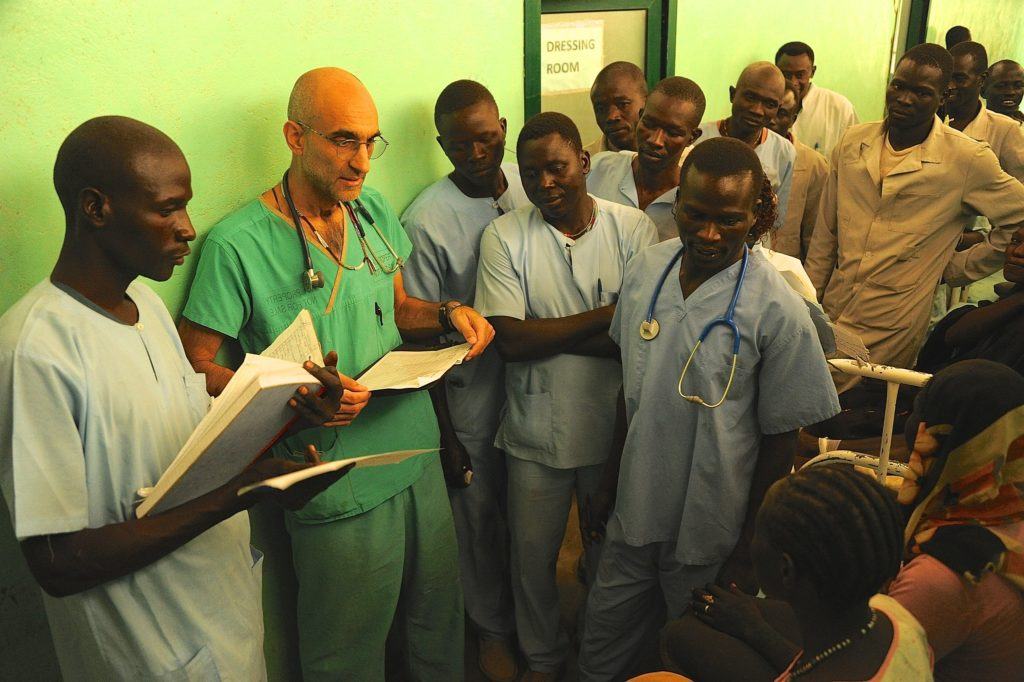Sudan’s Authoritarian Leader Omar Hassan al-Bashir is Removed
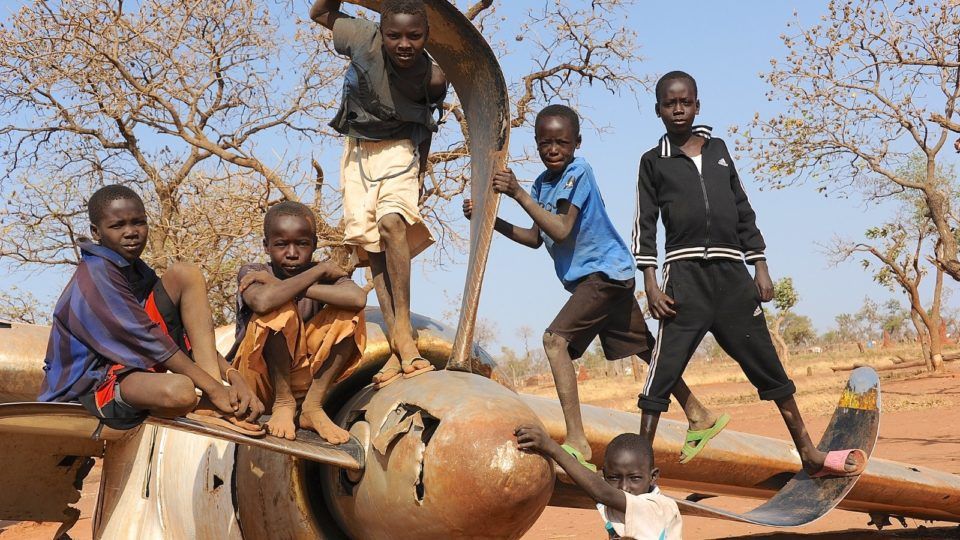
CMMB has supported the work of Dr. Tom Catena in the Nuba Mountains of Sudan since 2008. As a country entangled in decades of war, violence, and instability, the removal of authoritarian President, Omar Hassan al-Bashir, is being celebrated across the country. Despite the celebrations, the future of Sudan remains uncertain.
The Fall
After nearly four months of mass protests against the country’s authoritarian rule, President Omar Hassan al-Bashir has been forcibly removed from power. Thousands of protesters gathered outside his residence chanting and dodging bullets, determined to remain until they saw al-Bashir fall. Reports from today detail news of al-Bashir’s removal, the government’s dissolution, and the constitution’s eradication. Despite al-Bashir’s fall, the young country remains in a fragile state. No one is certain of what tomorrow will bring. But there is hope. We keep the people of Sudan in our prayers as the new political landscape begins to shape. We hope that the end of al-Bashir’s reign of terror, means the beginning of an era of peace and change.
A History of Service
CMMB has supported long-time volunteer, Dr. Tom Catena in in Sudan since 2008. The Mother of Mercy Hospital, which he helped found and has served ever since arriving, is located in the Nuba Mountains of Sudan. It is a beacon of hope for the Nuba people, especially during the decades of instability and violence. During al-Bashir’s 30-year-reign, the region and its people remained a constant target. As a landscape rich in oil reserves, Bashir was relentless in his quest for ownership of it. His tactic for doing so was nothing short of attempts at genocide.
Bishop Gassis, an advocate for peace explains, “The Nuba Mountains are rich with minerals, besides oil. The valleys of the Nuba Mountains are very fertile. And, al-Bashir wants that. But, he doesn’t want the people”
“Bashir doesn’t care about the people, he cares about what’s under the people.” -Bishop Gassis
June 6th 2011
Al-Bashir’s reign and the subsequent war, has resulted in unfathomable suffering for the Nuba people.
The civil war officially began on June 6, 2011. Days into the conflict, Nuba began experiencing violence, including air bombardments from government fleets. By June, 16th humanitarian staff working at the hospital were urged to evacuate.
Dr. Tom remembers, “With the outbreak of the civil war, all the expats were evacuated – anesthetists, pharmacists, the head person in the lab, they all left. We were left with those we had trained on the job and we had to keep functioning.”
When asked why he decided to stay, despite the danger to his life, Tom responds:
“For us, the decision to stay came down to what it means to be a missionary. If we had left what would that have told the Nuba people, what kind of witness would that have made us? Their lives matter. If I left, people would have died. I couldn’t leave, it wasn’t a hard decision.”
“Everybody’s life is valuable, we can’t lose sight of that, otherwise we lose our humanity.”
The lack of staff was only one of the major challenges exacerbated by the war. The Nuba Mountains is an extremely isolated region. It’s geography makes travel a difficult endeavor. Even prior to the unrest, the transport of resources, like medicines required advanced planning.
Dr. Tom, who has become comfortable improvising in the absence of important resources, explained that even with access to roads, it takes about six hours to make it to the hospital during the dry season. During the rainy season the roads virtually disappear from flooding, making it impossible.
During the fighting, roads leading in and out of Nuba were purposely blockaded by the Sudanese government – a blatant attempt to suffocate any humanitarian aid in the region. For years bombs were dropped, lives were lost, and still, Dr. Tom remained.
Despite the atrocities committed against the Nuba people, they remain strong and hopeful. Thanks to the support of our CMMB family and many partners, Dr. Tom was able to continue delivering care. As bombs dropped, Dr. Tom continued to train local community members to become skilled hospital staff. Today, the Mother of Mercy hospital has 110 nurses and ancillary staff. Twenty of them received official training and ninety of them were trained on the job.
“I think people may look at Africa and say, ‘What you’re doing is just a drop in the ocean.’. . .But when you’re there, you don’t see a drop in the ocean. You see a person. You see a life.”—Tom Catena
We continue to keep the Nuba people, and all of Sudan in our prayers, as they hopefully inch closer to peace.
Dr. Tom, we thank you for your unyielding love and service for the people of Nuba. You are an inspiration to the world.
